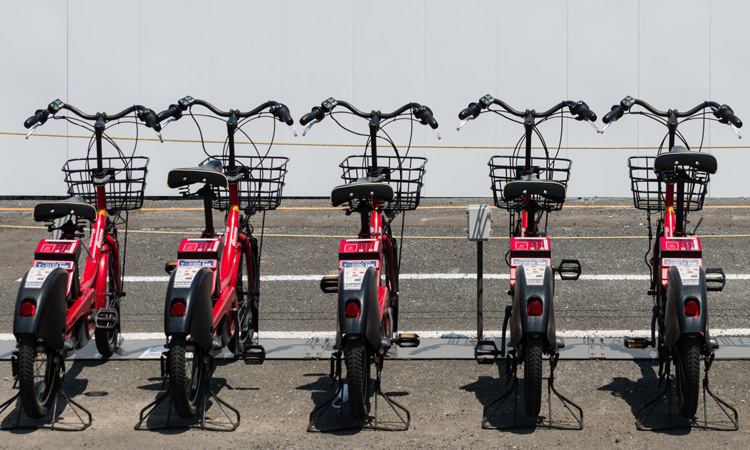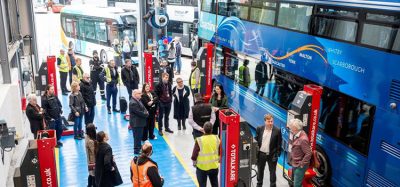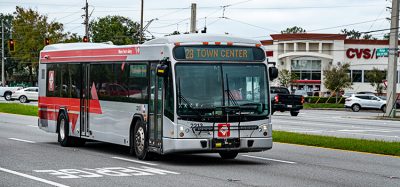EEA report assesses sustainability of first and last mile solutions
- Like
- Digg
- Del
- Tumblr
- VKontakte
- Buffer
- Love This
- Odnoklassniki
- Meneame
- Blogger
- Amazon
- Yahoo Mail
- Gmail
- AOL
- Newsvine
- HackerNews
- Evernote
- MySpace
- Mail.ru
- Viadeo
- Line
- Comments
- Yummly
- SMS
- Viber
- Telegram
- Subscribe
- Skype
- Facebook Messenger
- Kakao
- LiveJournal
- Yammer
- Edgar
- Fintel
- Mix
- Instapaper
- Copy Link
Posted: 4 February 2020 | Sam Mehmet (Intelligent Transport)
The introduction and rapid uptake of app-based vehicle sharing schemes can have benefits, but the report pointed to studies which show that their impact on the environment is not always positive.


A report from the European Environment Agency (EEA) – The first and last mile — the key to sustainable urban transport – has assessed how green and sustainable ‘first and last mile’ transport options like bicycles, scooters or other means of short distance travel can transform mobility systems in cities. The report also assessed how innovative urban freight and inner city delivery services, including the use of delivery drones, can make urban freight transport more sustainable.
Shifting to walking, cycling and public transport will be crucial if Europe is to meet its long-term sustainability goals and policy objectives under the European Green Deal proposed by the European Commission in December 2019, according to the report. Digitalisation and mobility apps can make a good urban mobility system even better, but they cannot compensate for underdeveloped public transport, the report cautioned. For green options to have a fair chance to compete with cars, the report outlined how prices also need to reflect the harm done to health and environment.
E-scooter sharing schemes were reported to attract users that would have otherwise walked or used public transport. While the use of shared e-scooters generates few direct environmental impacts, their green credentials can be questioned by the substantial negative impacts associated to their materials, their manufacturing and their frequent collection for recharging purposes, the report warned. Similarly, studies are said to show that ride-hailing apps like Uber or Lyft do little to reduce emissions or congestion and actually draw people away from public transport or first and last mile alternatives.
Other key findings from the report include:
- In 2018, average carbon dioxide (CO2) emissions of new passenger cars increased for the second consecutive year, reaching 120.4 g CO2per kilometre. Petrol cars are overtaking diesel-fuelled cars in sales of new passenger cars, but the total consumption of diesel fuel keeps increasing. Average CO2 emissions of new vans started to follow a similar upward trend in 2018
- Greenhouse gas emissions from aviation increased the most rapidly of the transport modes – by an average of over three per cent each year since 2013. Greenhouse gas emissions from international shipping increased by five per cent in two years (2015-2017)
- The share of renewable energy used for transport in the EU rose from 7.4 per cent in 2017 to 8.1 per cent in 2018 – said to be well below the EU target of 10 per cent set for 2020
- More than 27 per cent of European citizens are exposed to transport noise levels of 55 decibels (dB) or higher, including 15-20 per cent for road traffic noise alone.
Related topics
Mobility Services, On-Demand Transport, Public Transport, Sustainable Urban Transport
Related organisations
European Commission, European Environment Agency (EEA)








